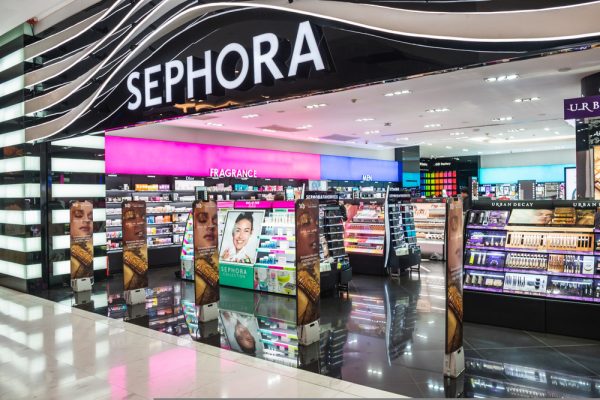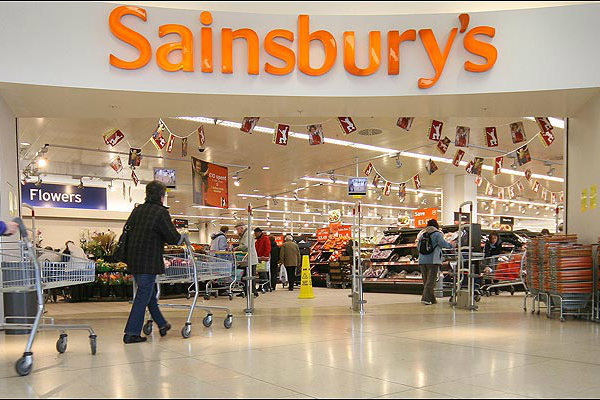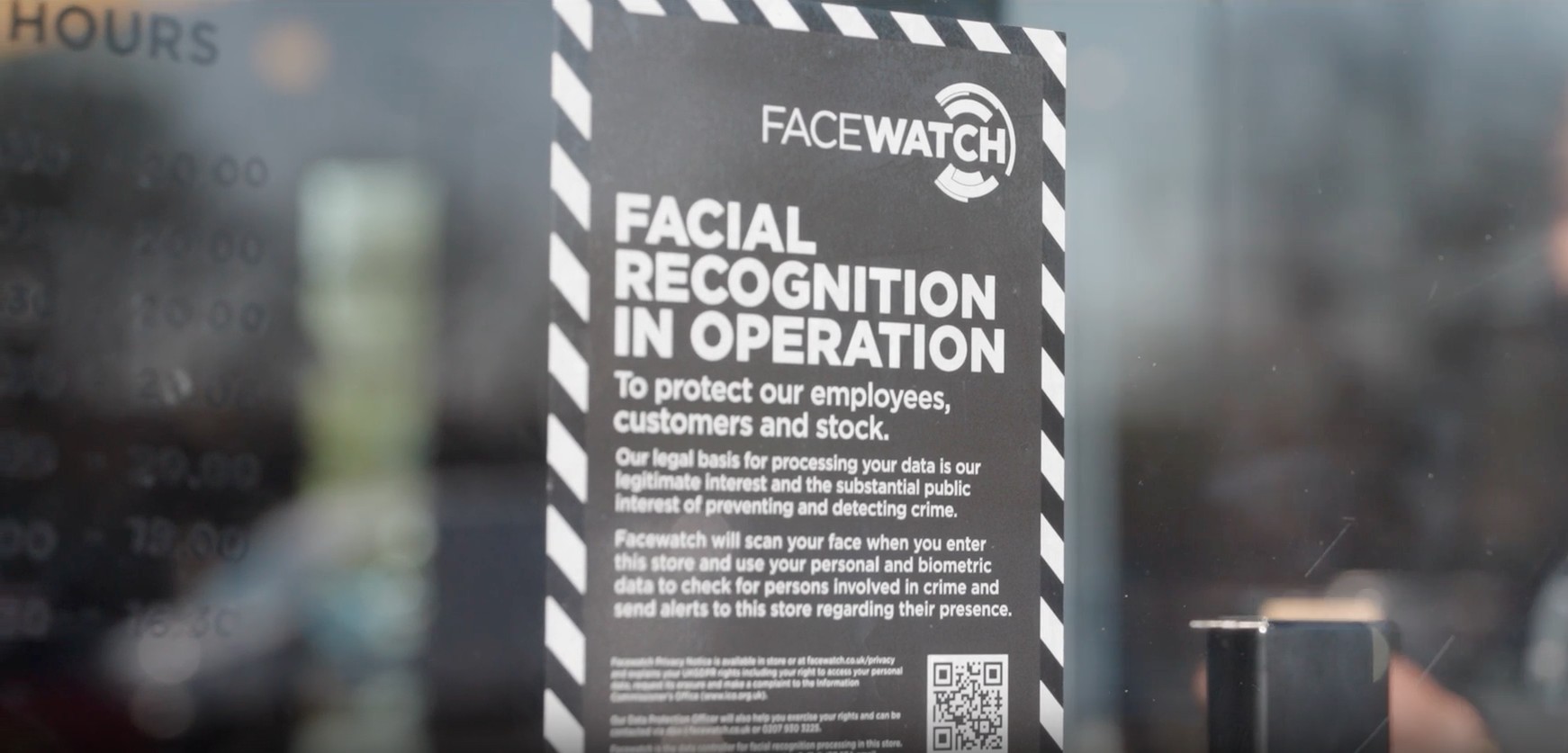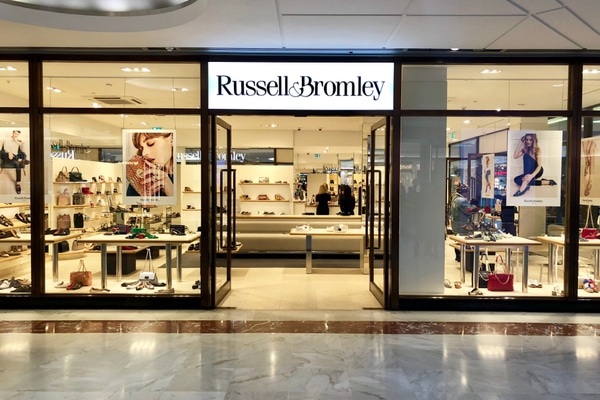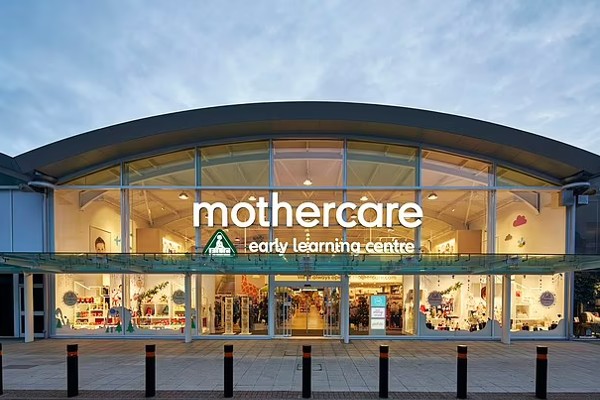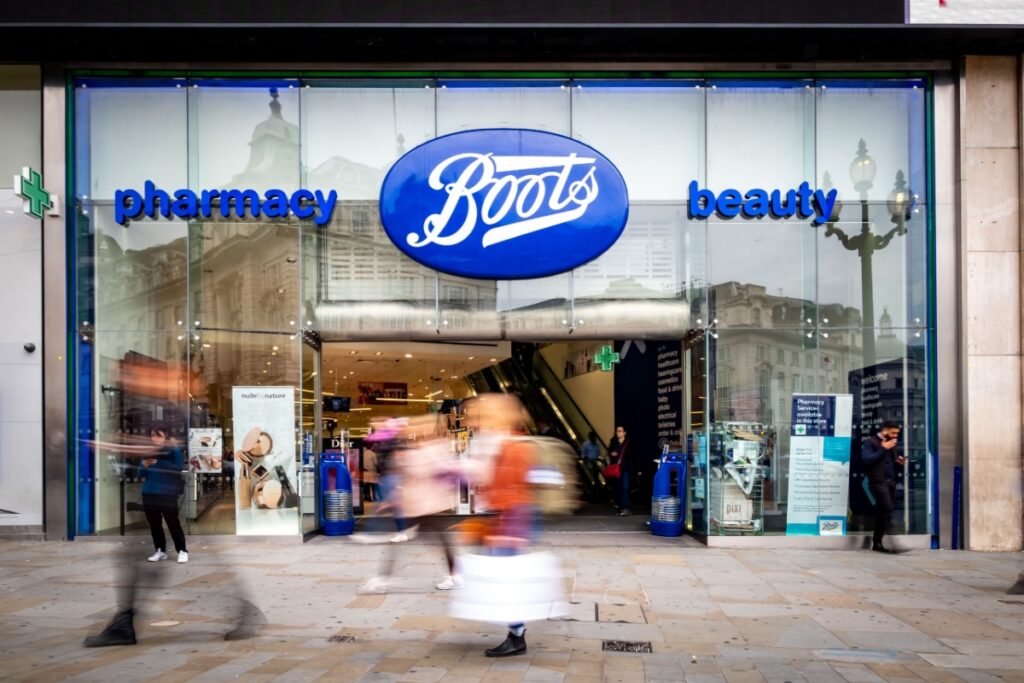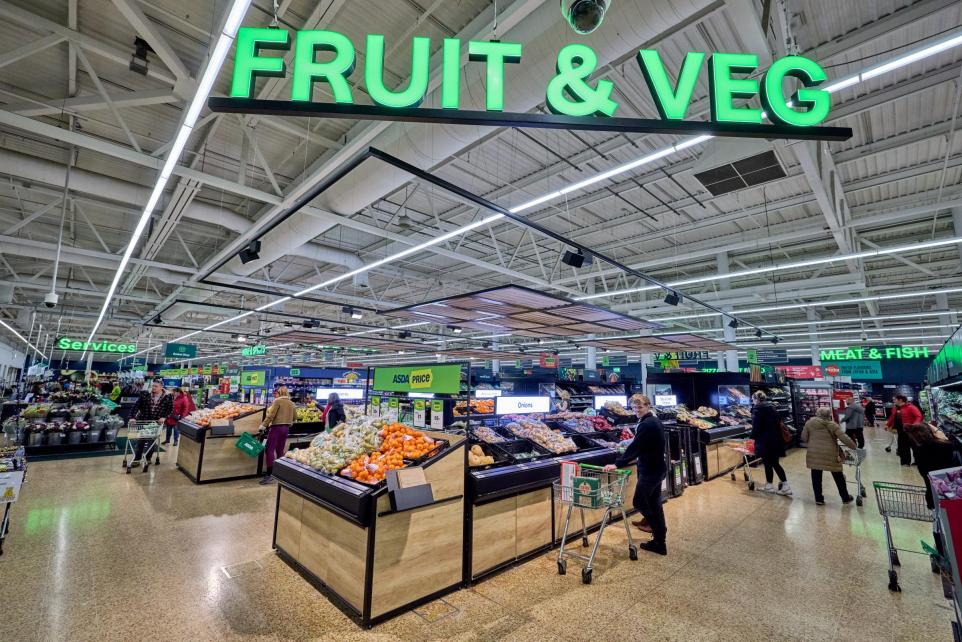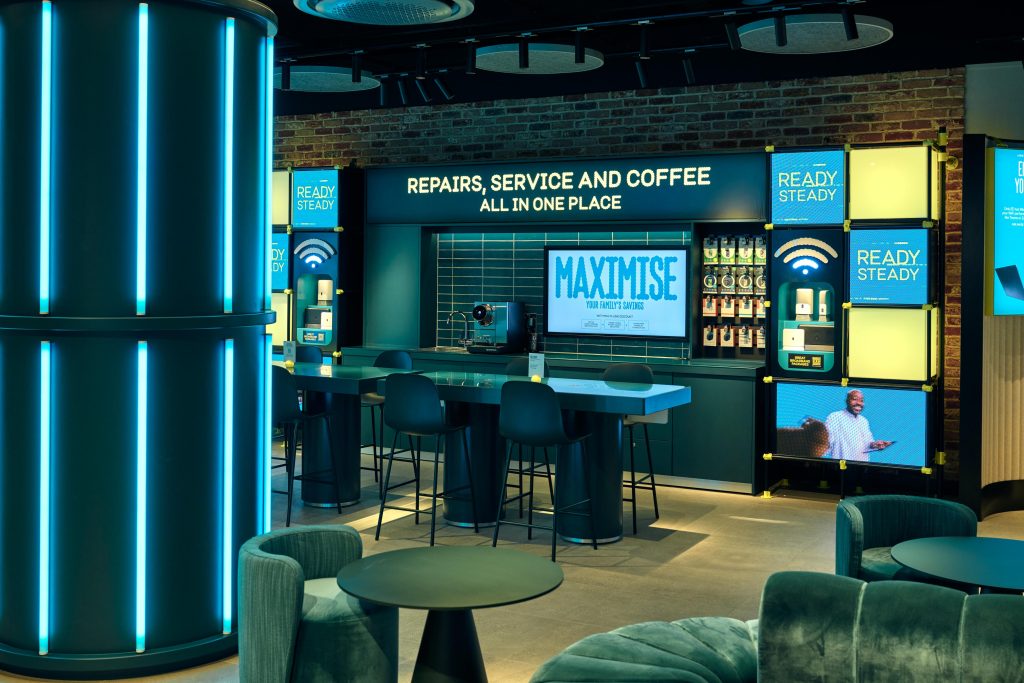The world of social media was alight last week when US beauty giant Sephora revealed it would be returning to the UK 17 years after it closed all its stores here.
Sephora, which bought Feelunique last year for £135m, said it would switch the website of its acquisition to Sephora.co.uk next week and has set its sights on opening a London flagship store in Spring 2023 to the delight of UK beauty fans.
For the brand may have not traded here for almost two decades, but young consumers are very aware of the Sephora, which Glamour magazine termed “the world’s most-loved beauty store”.
The retailer is top of many a twentysomethings must-visit list whilst on holiday anywhere from Paris to New York to Dubai.
Natasha Hatherall-Shawe, chief executive at beauty PR specialists Tishtash. says: “As a global icon in the beauty retail sector, it always felt odd that Sephora no longer had a UK presence.
“In the US and the Middle East, it feels like every second store.”
Sephora chairman and chief executive Chris de Lapuente says it is responding to “Britain’s strong demand for our unique prestige beauty experience” and promises “a pioneering selection of beauty” that includes “time-tested classics and new indie brands”.
“The UK is home to a dynamic beauty and wellbeing market that Sephora will aim to surprise and delight through our trademark know how and creativity. Our passionate team cannot wait to serve and inspire UK customers under the Sephora brand,” says de Lapuente.

It’s no surprise the UK is on Sephora’s radar right now.
Consultancy Retail Economics says beauty is set to be one of the strongest-performing retail sectors in 2022, with sales on track to grow 7.6% in 2022, rising above pre-pandemic levels. And there’s a big gap in the market following Debenhams’ collapse in 2020.
Hatherall-Shawe says that Sephora’s brand awareness is high amongst young consumers and she believes Sephora’s strength in digital and influencer marketing prowess will appeal to UK shoppers.
“There is a distinct gap in the market for a ‘digi-first’ beauty retailer that utilises celebrity and influencer collaborations, user generated content and ‘moves fast’ with its brands and products – Sephora will fill that gap,” she says.
A tough time to launch
However, Sephora’s success in the UK is not a given as its short-lived stint in the country at the turn of the millenium shows. The French beauty giant lasted just five years before it shut all six of its UK stores in 2005.
GlobalData sector head for health and beauty Sofie Willmott points out that Sephora has chosen a challenging time to re-enter the UK market.
Firstly, the UK is in the midst of the biggest cost-of-living crisis for many decades, which is impacting discretionary spend across the board.
While the health and beauty market will be more protected than other sectors given the essential nature of some products and the fact that other items are viewed as much-needed treats right now, Willmott says it is still “a tough time to try and encourage shoppers to part with their money”.
The fact that Boots and Superdrug are focusing their marketing efforts and investment on price freezes, and value ranges illustrates this.
Meanwhile, other beauty retailers have “stepped up in recent years”, according to Willmott, as they vie to steal the share once held by Debenhams.
Willmott says that market leader Boots has enhanced its beauty proposition by introducing a strong range of in-demand brands such as Fenty Beauty, Drunk Elephant and Huda Beauty, and has rolled out in-store beauty halls “which have a more premium feel, similar to that of a department store”.

Meanwhile, retailers including Harrods, Next and Flannels are opening stand-alone beauty formats to take a greater slice of the market, and new online players such as Beauty Pie, Look Fantastic and Cult Beauty are vying to win share.
Wilmott also highlights that many beauty brands have focused on building their own ecommerce businesses catalysed by the online demand during the pandemic.
What makes Sephora special
In order to be successful in the crowded UK beauty market, Sephora must carve out a niche and offer UK consumers a point of difference, says Wilmott.
“That might mean offering brands that are not widely available in the UK, excellent service both in-store and online from beauty experts and experiences in store that beauty shoppers cannot get elsewhere,” she says.
Sephora certainly promises to give shoppers just that. The retailer will bring cult brands such as Tarte, Makeup by Mario, Pat McGrath Labs, and One Size to the UK. There is also its much-coveted own-brand Sephora Collection.
Hatherall-Shawe believes shoppers will flock to its website and stores to get their hands on such products.
In terms of shopping experiences, Sephora has balanced its strong digital focus with experiential stores.
Recent store openings have included interactive mirrors where shoppers can virtually try on make-up using augmented reality and in-store beauty classes. The retailer even has its own social media platform, the Beauty Insider Community, which has more than five million members.

Although a physical presence is seen as an area where Sephora can differentiate from the swathe of online pureplays, Hatherall-Shawe believes a considered store roll-out is the way to go for retailer.
With the beauty giant blaming soaring rents and costs for its 2005 UK exit, that is likely to be the approach it will take.
“High Streets are not what they were, yet destination and experiential shopping is on the rise,” says Hatherall-Shawe. “It’s all about the brand for Sephora. I do not think that a lack of physical locations will be a barrier to market success, quite the opposite.”
“The key will be on building digital demand, a fresh and easy user experience, doubling down on loyalty amongst their ecommerce shoppers, and staying front and centre with exclusive brands and collaborations, and they will be just fine.”
The UK beauty market may be crowded but there’s always room for a player that offers something fresh, new and exciting. And with just a week until Sephora.co.uk goes live, excitement levels are rising.
Click here to sign up to Retail Gazette‘s free daily email newsletter

